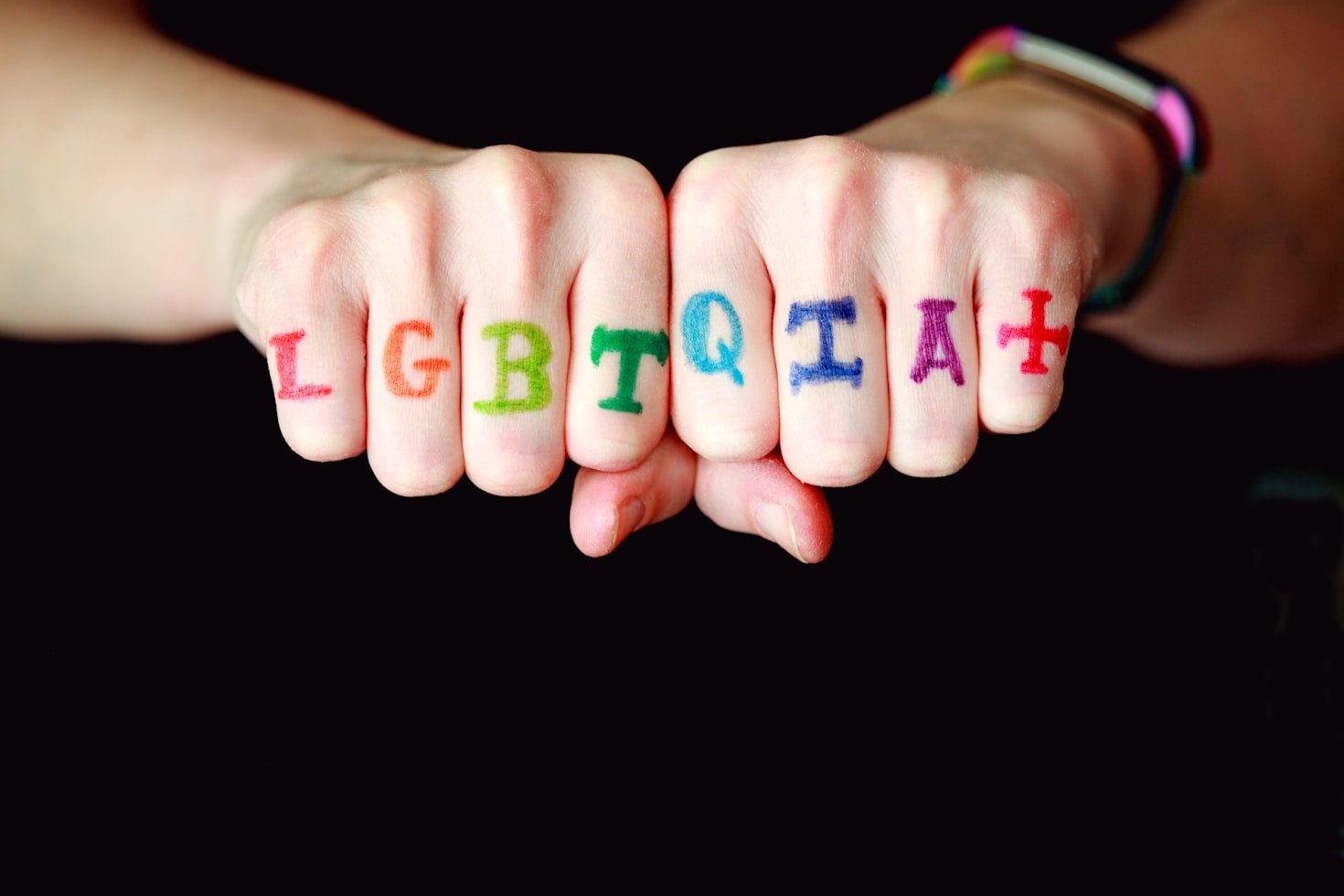Throughout history, the queer community has always been “othered.” Eeking out an existence on the margins of society, they’ve been the victims of slander, slurs and physical attacks.
Despite hate crime legislation lauded as progressive, little has been done to actively protect LGBTQ rights, notes historian Professor Christopher Ewing. The latest statistics are telling.
The FBI’s 2023 Crime in the Nation Report shows a decline in hate crimes against queer individuals, except in one category. Data pointed to a relative increase in crimes against trans people. People like Sydney Maisie are sharing their stories to amplify the hate directed at trans individuals.
‘You Sound Like an Old Man’
St. Louis resident Sydney Maisie was on her way to a job interview when a man got on the same bus. He made a scene with the bus driver who insisted on the correct bus fare of $1. The guy had a $20 note.
Eventually, the driver let him onto the bus and he proceeded to sit in the row behind Maisie who identifies as a transgender woman. He motioned her to sit with him and she declined. The man walked up to her and said, “Man, you sound like an old man.”
For the next 90 seconds, Maisie was brutally assaulted. The entire incident was captured on a MetroBus security camera, showing the unidentified man punching, kicking and threatening her with a gun. Sadly, no one attempted to help Maisie.
Her case is one of thousands in St. Louis, encapsulating the reality of violence in the city.
In April last year, the Justice Department announced nearly $80 million to support community violence intervention programs in St. Louis. The ongoing initiative is part of a plan in areas experiencing spikes in crime.
The Right to Sue
The Crime Victim Rights Act gives you the right to sue for personal injuries sustained in a hate crime in St. Louis and the rest of the U.S.
Even if you suspect ulterior motives under the guise of a car accident 0r premises injury, you can launch a personal injury lawsuit.
A St. Louis personal injury attorney experienced in personal injury law is professionally equipped to represent victims in personal injury cases.
Personal injury lawsuits can include damages for medical expenses, catastrophic injuries and lost wages.
Most personal injury cases involve accident victims or medical malpractice.
TorHoerman Law advises hiring a personal injury lawyer committed to advocating for your rights while offering support and guidance.
Trauma Bonding
Psychology professor Kevin Leo Yabut Nadal describes historical trauma as the shared emotional responses to violence or oppression against their communities.
Using the example of Black people feeling anger and sadness when confronted with slavery and systematic racism, they are connected to generational pain.
For LGBTQ+ people, historical trauma stems from past and ongoing oppression, including police brutality, imprisonment, and even execution for their identities.
On the other hand, Nadal says collective trauma occurs when a community experiences psychological distress after one of its members suffers violence.
Born of Tragedies
Shanti Farrington is the co-author of “The Psychology of Trauma.” She believes collective trauma is the sum of all parts, often born of tragedies that can impact or permanently change a community.
Following a traumatic event, emotions are often defined later. The event may be sudden, like a tsunami, leaving little time for reflection.
Farrington explains that shared emotions from collective trauma can help people express themselves more openly with others who have gone through similar experiences.
However, they can also impose rigid expectations on how one should react, often influenced by stigma.
Prosecuting Hate Crimes
Matthew Shepard and James Byrd Jr. Hate Crimes Prevention Act was introduced to Congress in 2001. The act was only passed in 2009.
This meant federal agencies had more jurisdiction over hate crimes and the power to allocate local police to investigate and prosecute. Daqua Lameek Ritter was convicted under this law for the murder of Dime Doe, a transgender woman.
The ruling was the first trial and first conviction of a hate crime based on gender identity under the act.
Ritter fatally shot Doe in 2019 after rumors circulated in Allendale, South Carolina, about their relationship.
Prosecutors say Ritter kept the relationship secret to hide it from his girlfriend and the community. He became “irate” when Doe revealed it.
A Healing Journey
Citing traumatology specialists, Nadal says that victims must remove themselves from the source to heal from a trauma.
When it comes to systematic oppression, it’s easier said than done. People exposed to hate violence based on that oppression can never fully heal if the violence and trauma persist.
The LGBTQ+ community has always been at odds with oppressive forces. In defiance, they continue to demonstrate resilience. If there’s one lesson to be learned, sidelined communities need more protection.

